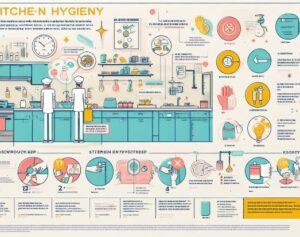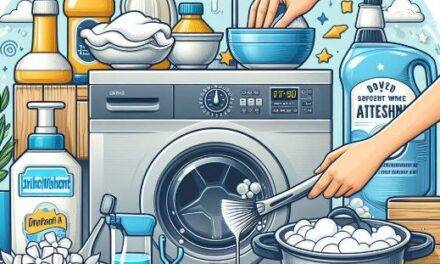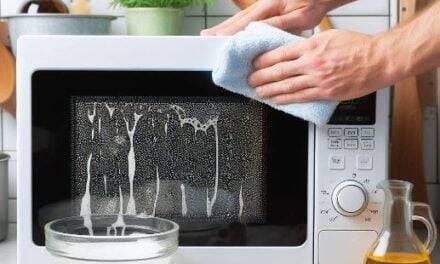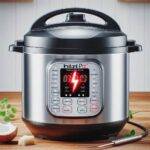The Importance of Kitchen Hygiene
Importance of kitchen hygiene, The kitchen is often referred to as the heart of the home. It’s where meals are prepared, families gather, and memories are made. But beyond the delicious dishes and heartwarming conversations, there’s another crucial aspect of the kitchen that often goes unnoticed: hygiene. Maintaining a clean and hygienic kitchen is not just about aesthetics; it’s a matter of health and safety. In this article, we’ll delve into the importance of kitchen hygiene and offer tips on how to maintain it.

1. Prevention of Foodborne Illnesses
One of the primary reasons kitchen hygiene is so essential is the prevention of foodborne illnesses. Bacteria, viruses, and parasites thrive in environments where food is present. If your kitchen isn’t clean, these harmful microorganisms can contaminate your food, leading to illnesses like salmonella, E. coli, and listeria. By keeping your kitchen clean and practicing proper food handling techniques, you can significantly reduce the risk of these diseases.
2. Prolonging the Shelf Life of Food
A clean kitchen helps in prolonging the shelf life of food. When you store food in a clean refrigerator or pantry, it’s less likely to get contaminated by mold, bacteria, or pests. This not only ensures that your food remains safe to eat but also saves you money in the long run by reducing food wastage.
3. Enhancing the Flavor of Food
Believe it or not, a clean kitchen can also enhance the flavor of your food. When your utensils, pots, and pans are free from old food residues, your meals won’t have any lingering tastes from previous dishes. This allows the authentic flavors of your ingredients to shine through, making your culinary creations even more delicious.
4. Reducing Pest Infestations
Pests like cockroaches, ants, and rodents are attracted to food residues. By maintaining a clean kitchen, you eliminate their primary food source, making your kitchen less appealing to them. This not only ensures a pest-free cooking environment but also prevents the diseases these pests can carry.
5. Creating a Pleasant Cooking Environment
Cooking in a dirty kitchen can be a stressful experience. Sticky counters, cluttered sinks, and foul odors can make the cooking process feel like a chore. On the other hand, a clean and hygienic kitchen creates a pleasant environment that can make cooking a joyous activity. It can even inspire you to try out new recipes and enhance your culinary skills.
Tips for Maintaining Kitchen Hygiene:
- Regular Cleaning: Make it a habit to clean your kitchen counters, stove, and sink after every meal preparation. This prevents food residues from accumulating and becoming breeding grounds for bacteria.
- Proper Food Storage: Always store raw and cooked foods separately. Use airtight containers to keep food fresh and free from contamination.
- Wash Your Hands: Before and after handling food, always wash your hands with soap and water. This simple act can prevent a multitude of diseases.
- Regularly Clean Appliances: Appliances like refrigerators, ovens, and microwaves can harbor bacteria if not cleaned regularly. Set a schedule to deep clean these appliances at least once a month.
- Dispose of Garbage Daily: Don’t let trash accumulate in your kitchen. Dispose of it daily to prevent odors and attract pests.
In conclusion, kitchen hygiene is not just about keeping your cooking space looking good; it’s about ensuring the health and safety of you and your loved ones. By understanding its importance and implementing the tips mentioned above, you can enjoy a clean, hygienic, and pleasant kitchen environment. Remember, a clean kitchen is a happy kitchen! For more information click here.










